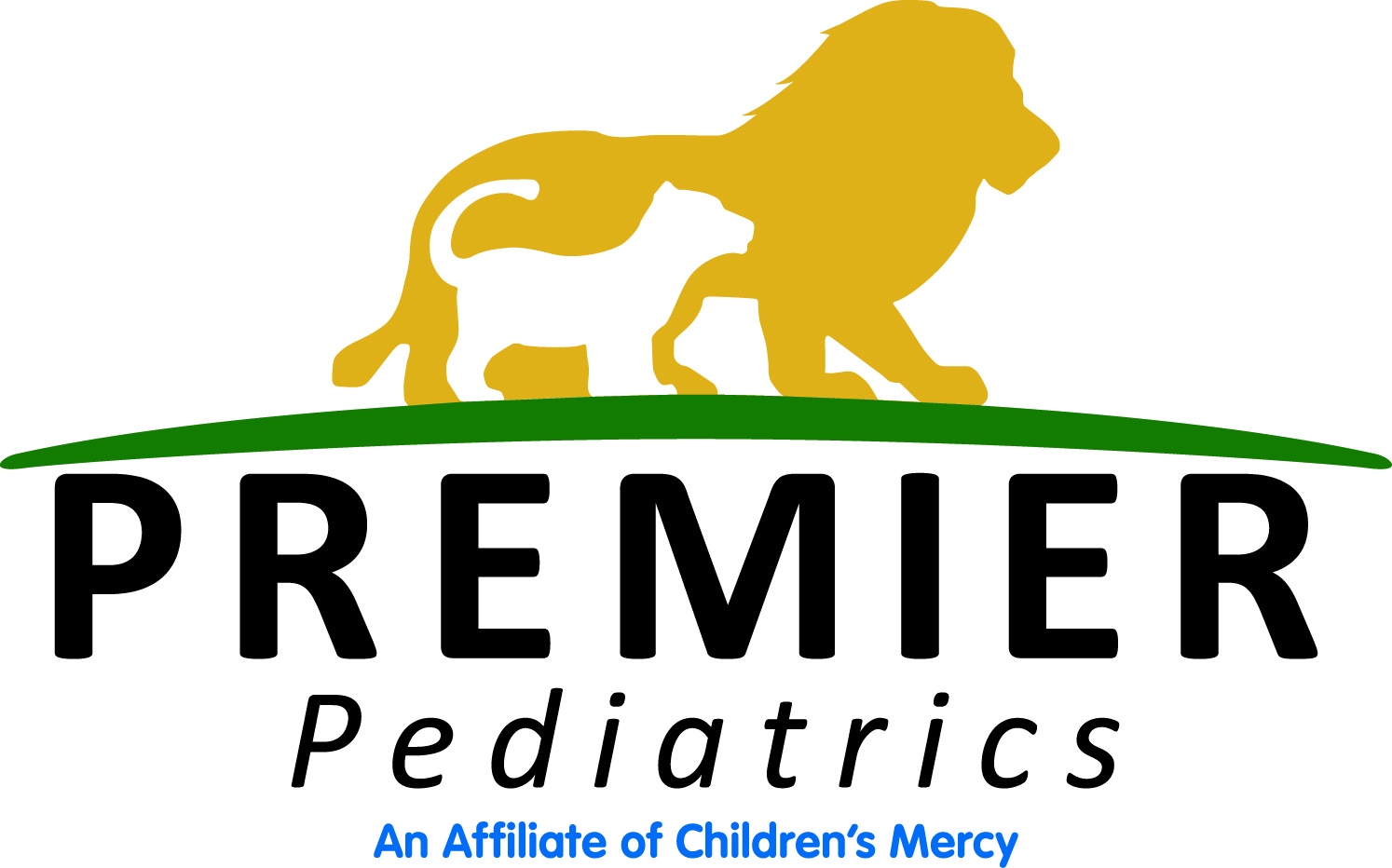Premier Pediatrics offers primary health care to children and young adults from infancy through age 21. Our goal is to provide exceptional comprehensive, patient-centered medical care to individuals with typical development as well as those with special needs requiring complex care. We are a small office in the heart of Overland Park comprised of three physicians: Dr. Deborah Winburn-Antovoni, Dr. Todd Bush, and Dr. Sarah Jensen. We also have several great nurse practitioners. You can learn more about our team on the Providers page.
What We Believe
We strive to build personal relationships with each of our families, fostering a unique and trusted partnership. Through this partnership, we hope to achieve growth: growth of our patients, growth in parent education, growth in positive parenting skills, and continuous growth in our knowledge of science and the art of practicing medicine. We invite you to…grow with us!
What is a Nurse Practitioner?
(reference: Kids Health)
Nurse Practitioner (NP): A nurse practitioner is a registered nurse (RN) with additional education and training in a specialty area such as family practice or pediatrics. Pediatric and family practice NPs can provide primary health care for children.
Nurse practitioners, also known as advanced practice registered nurses (APRNs), hold a master’s degree in nursing (MS or MSN) and maintain board certification in their specialty area. For example, a pediatric NP has advanced education, skills, and training in caring for infants, children, and teens.
Licensed as both nurse practitioners and registered nurses, NPs follow the regulations of the Nurse Practice Act in the state where they work. NPs who pass the national board exam earn additional credentials such as Certified Pediatric Nurse Practitioner (CPNP) or Certified Family Nurse Practitioner (CFNP).
An NP who specializes in pediatrics can:
- document health history and perform a physical exam
- plan a child’s care with the parents and the child’s health care team
- perform some tests and procedures
- answer questions about health problems
- treat common childhood illnesses
- modify the plan of care with a child’s physician as needed
- teach families about the effects of an illness on a child’s growth and development
- teach kids about self-care and healthy lifestyle choices
- write prescriptions
- order medical tests
- teach other health care members and local groups about pediatric health care
- provide referrals to community groups
Nurse Practitioners and Physicians
NPs often work closely with physicians, consulting them as needed. Licensed in all 50 states, NPs can prescribe most medications. While some states require a physician to co-sign prescriptions, a few allow NPs to practice and prescribe independently.
Although physicians have additional training to help patients manage complex medical problems, many people think NPs spend more time with their patients. Experts who study NPs report that their training emphasizes disease prevention, reduction of health risks, and thorough patient education.
Like physicians, NPs are involved in more than just direct patient care. Many participate in education, research, and legislative activities to improve the quality of health care in the United States.
Should My Child See a Nurse Practitioner?
Pediatric NPs can provide much of the health care children require, consulting physicians and specialists when necessary. A large part of their role involves educating the child and their family about normal growth and development issues, such as toilet training, temper tantrums, and biting. They also take time to talk with families about issues that might seem routine, which can turn a potentially stressful office visit into a more pleasant experience.
Pediatric and family practice NPs can treat acute (short-term) illnesses such as upper respiratory infections, ear infections, rashes, and urinary tract infections. They can also help manage chronic conditions like asthma, allergies, diabetes, and many others that affect children.
For children with severe health problems that require advanced training or highly specialized medical care, a physician’s expertise may be necessary. If you’re unsure whether an NP can address your child’s condition, consult your doctor. The scope of practice for NPs varies by each state’s regulations.
Quick Links:
